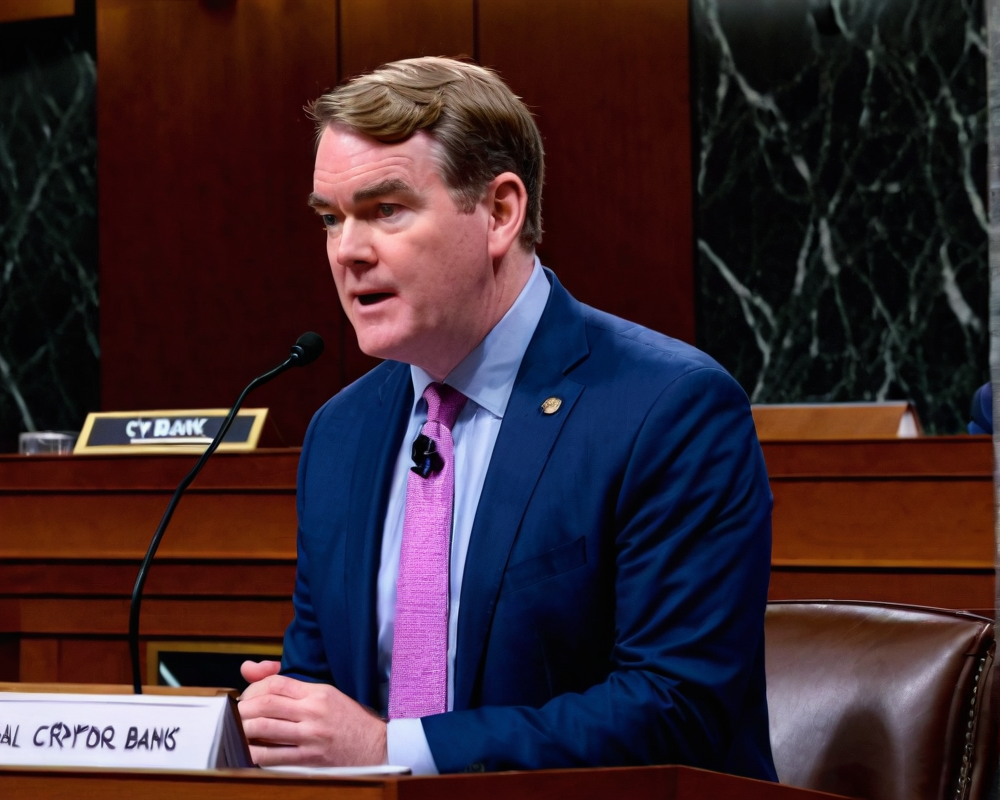Senator Michael Bennet’s Critique of Crypto Banks
During a Senate Finance Committee hearing on March 16, Senator Michael Bennet of Colorado raised eyebrows when he suggested that banks engaging with cryptocurrency firms might not be making the most judicious choices. His remarks came in light of the unfortunate closure of Signature Bank, a financial institution with notable ties to the crypto sector.
Comparisons that Spark Debate
Bennet wittily likened the relationship between banks and crypto companies to that of traditional banks and marijuana dispensaries. He pointed out that while the latter are largely kept out of the conventional financial system due to regulatory obstacles, banks seem more willing to risk substantial amounts—he noted almost 20% of Signature’s deposits were from crypto clients on an asset class that has often been described as anything but stable.
The Marijuana Analogy
“They’re not allowed to do anything with marijuana, but apparently, they can lay 20% of this on crypto—a notoriously unstable thing that nobody here even understands,” Bennet quipped. His analogy serves to illustrate a perceived inconsistency within financial regulation.
But is he onto something? Could the volatility of cryptocurrencies have indeed played a part in the bank’s downfall?
Signature’s Solvency Controversy
Despite the implications made by Bennet, there are conflicting reports about Signature Bank’s financial health at the time of its closure. Former U.S. Representative and Signature board member Barney Frank contested Bennet’s assessment, maintaining that there was no existing issue regarding the bank’s solvency when regulators stepped in on March 12.
The Implications of “De-Banking” Crypto
The failures of Signature Bank, Silicon Valley Bank, and Silvergate Bank have ignited discussions about the potential ramifications on the U.S. financial system, especially as these institutions had significant ties to the cryptocurrency world. Many in the crypto community have begun to suspect that there’s a concerted effort among government officials to effectively “de-bank” crypto companies, a move that could send shockwaves through the industry.
The Future of Crypto Firms
As regulators and lawmakers continue to scrutinize the operations of financial institutions in relation to cryptocurrency, the future remains uncertain. Whether this scrutiny will lead to enhanced regulation, or stifle innovation remains to be seen, but one thing is certain: the crypto conversation has entered a new, and undoubtedly more serious, phase.



